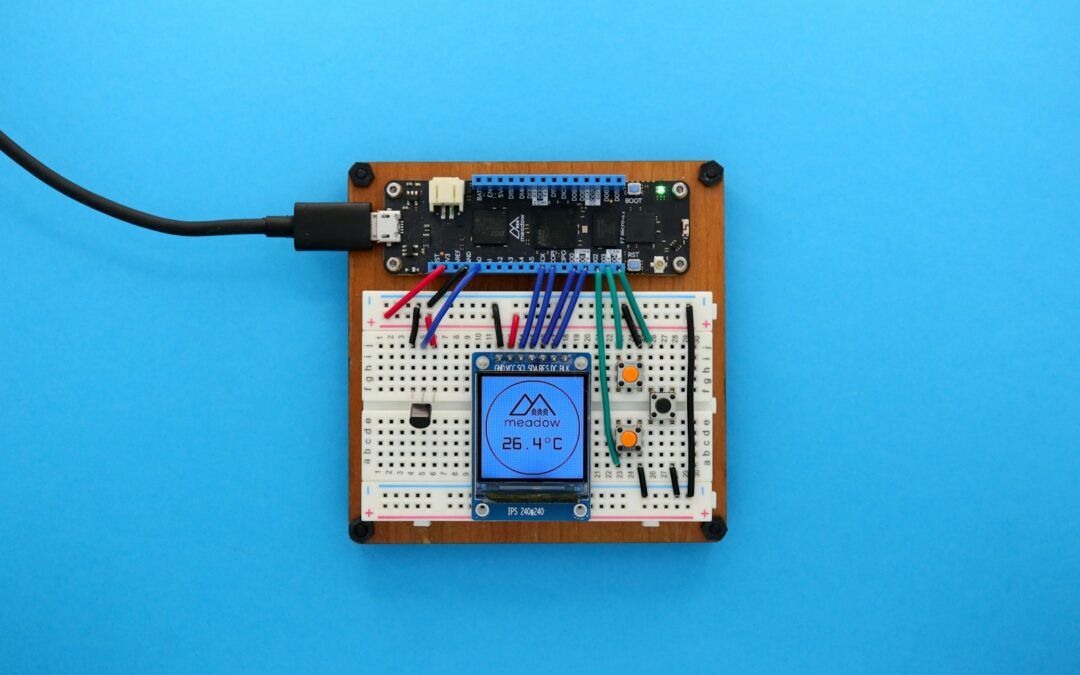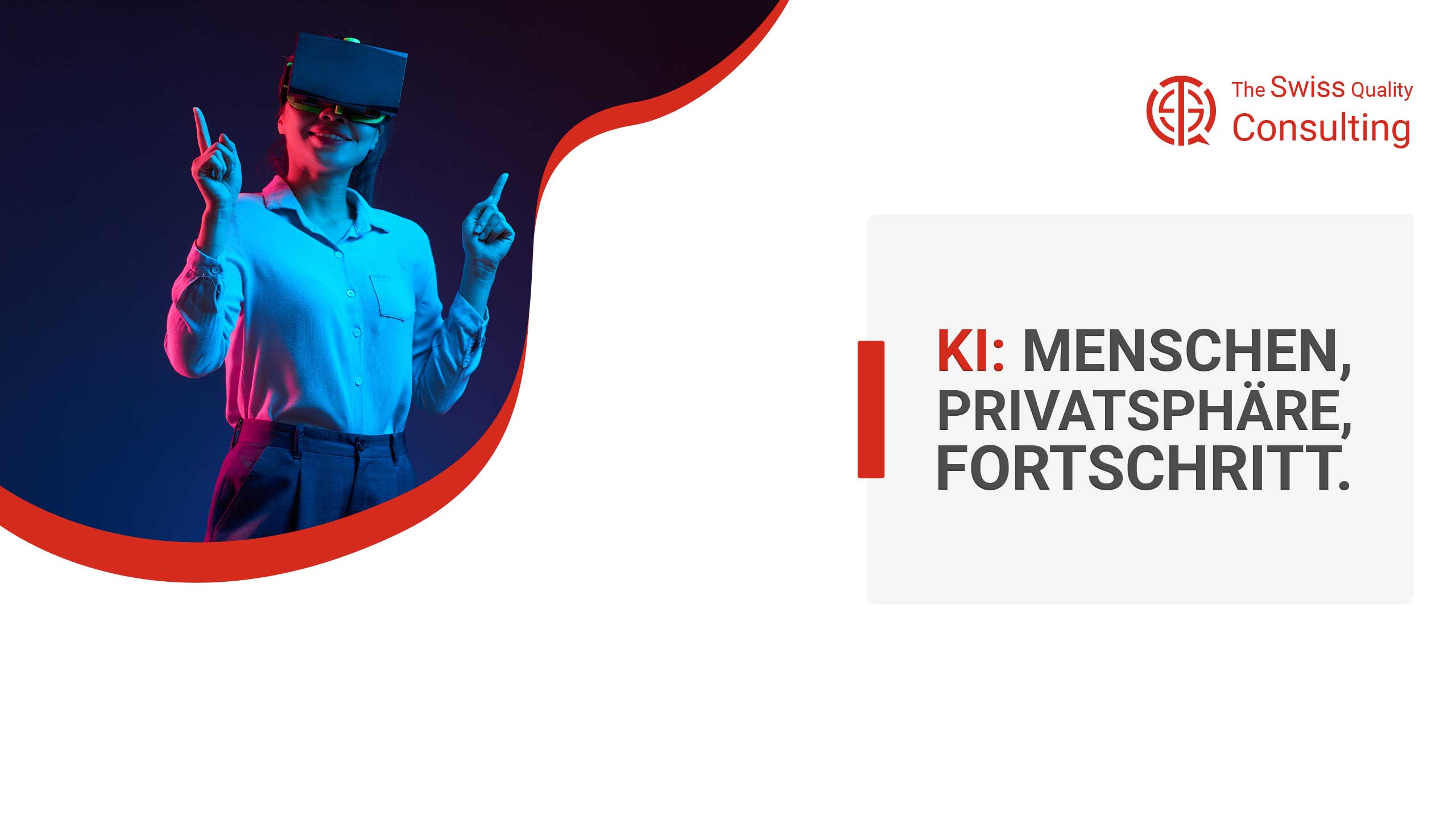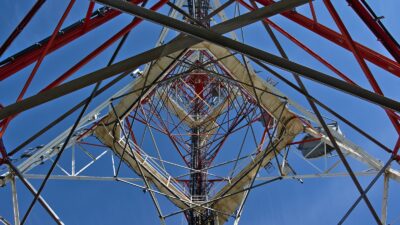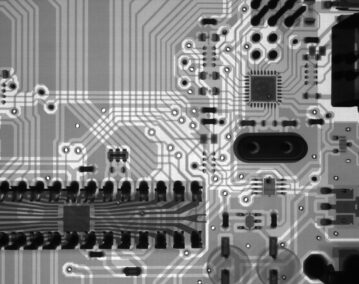Understanding the Motivations Behind Early IoT Investments
The Strategic Vision of Early Adopters
The decision to invest in the early adoption of IoT technologies, despite the inherent technological and financial risks, was largely driven by a strategic vision among forward-thinking business leaders in Saudi Arabia and the UAE. These early adopters recognized the potential of IoT to revolutionize their operations and create a significant competitive edge. By integrating IoT into their business models, companies in Riyadh and Dubai could enhance operational efficiencies, reduce costs, and open up new revenue streams. The foresight to see beyond the initial challenges and focus on the long-term benefits played a crucial role in their decision to embrace IoT early on.
Moreover, the commitment to innovation and technological advancement is deeply embedded in the economic visions of Saudi Arabia and the UAE. Initiatives such as Saudi Vision 2030 and Dubai’s Smart City project reflect a broader national agenda to become global leaders in technology. This alignment between corporate strategies and national goals provided a robust framework that encouraged businesses to take calculated risks. The support from government policies and incentives further mitigated the perceived risks, making the investment in IoT more appealing.
In addition, early adopters understood the importance of data-driven decision-making. IoT technologies enable businesses to collect, analyze, and act upon vast amounts of data in real-time. This capability was particularly attractive to sectors such as logistics, healthcare, and manufacturing, where efficiency and accuracy are paramount. By leveraging IoT, these businesses could achieve greater visibility into their operations, optimize processes, and improve customer experiences. The promise of these substantial benefits outweighed the initial technological and financial hurdles, driving the early adoption of IoT in the region.
Financial Incentives and Risk Mitigation Strategies
Financial incentives and risk mitigation strategies were pivotal in influencing early adopters to invest in IoT technologies. Governments in Saudi Arabia and the UAE have been proactive in providing financial support and incentives to businesses willing to pioneer IoT solutions. Subsidies, tax breaks, and grants were made available to reduce the financial burden on companies, making it more feasible for them to invest in new technologies. This financial backing was crucial in alleviating the fear of monetary loss, encouraging more businesses to take the plunge into IoT.
Additionally, businesses employed various risk mitigation strategies to safeguard their investments. Strategic partnerships and collaborations with technology providers allowed companies to share the risks and benefits of IoT projects. By leveraging the expertise and resources of established tech firms, early adopters could navigate the complexities of IoT implementation more effectively. These alliances also provided access to cutting-edge technologies and best practices, further enhancing the chances of successful deployment.
Investing in pilot projects was another common strategy to mitigate risks. By starting small and scaling up gradually, businesses could test the waters and refine their IoT solutions before full-scale implementation. This approach allowed for the identification and resolution of potential issues early in the process, reducing the likelihood of costly failures. The insights gained from pilot projects also provided valuable data to inform future investments, ensuring that the benefits of IoT could be realized without undue financial strain.
The Transformational Impact of IoT on Business Success
Enhancing Operational Efficiency and Productivity
The early adoption of IoT has had a transformative impact on business operations in Saudi Arabia and the UAE, particularly in enhancing operational efficiency and productivity. IoT technologies provide real-time monitoring and analytics capabilities, enabling businesses to optimize their processes and reduce downtime. For instance, in the manufacturing sector, IoT sensors can track equipment performance and predict maintenance needs, preventing unexpected breakdowns and ensuring continuous production. This predictive maintenance approach not only saves costs but also enhances productivity by minimizing disruptions.
In the logistics and supply chain industry, IoT has revolutionized inventory management and asset tracking. Companies in Riyadh and Dubai can now monitor their supply chains in real-time, gaining insights into the movement and condition of goods. This visibility allows for better inventory control, reducing wastage and improving order fulfillment rates. The ability to respond swiftly to changes in supply chain conditions also enhances customer satisfaction, contributing to overall business success.
The healthcare sector has also benefited significantly from IoT adoption. IoT devices enable remote patient monitoring, allowing healthcare providers to offer timely and personalized care. In a region where healthcare demand is rapidly growing, this technology has been instrumental in improving patient outcomes and reducing the burden on healthcare facilities. The efficiency gains achieved through IoT adoption in these critical sectors underscore its value as a catalyst for business success.
Driving Innovation and Competitive Advantage
Investing in IoT early has positioned businesses in Saudi Arabia and the UAE as innovators and leaders in their respective industries. The ability to harness IoT technologies for innovative applications has given these companies a significant competitive advantage. For example, smart city initiatives in Dubai are leveraging IoT to enhance urban living through intelligent infrastructure and services. These projects not only improve the quality of life for residents but also attract global attention and investment, bolstering the city’s reputation as a technology hub.
In the retail sector, IoT is enabling personalized customer experiences through smart devices and data analytics. Retailers can gather data on customer preferences and behaviors, allowing them to tailor their offerings and marketing strategies. This personalized approach enhances customer loyalty and drives sales, giving early adopters a distinct edge in a highly competitive market. The ability to innovate and differentiate through IoT is a powerful driver of business success.
Furthermore, the integration of IoT with other emerging technologies such as artificial intelligence (AI) and blockchain is opening up new possibilities for innovation. In Saudi Arabia, companies are exploring the use of AI-powered IoT solutions for predictive analytics and automation, while blockchain is being used to secure IoT data and transactions. These synergistic technologies amplify the benefits of IoT, creating a robust ecosystem for continuous innovation and growth. The foresight to invest in IoT early on is paying dividends, as businesses in the region continue to push the boundaries of what is possible with modern technology.
—
#EarlyAdoptionOfIoT #IoTInvestment #TechnologicalRisks #FinancialRisks #SaudiArabia #UAE #Riyadh #Dubai #BusinessSuccess































